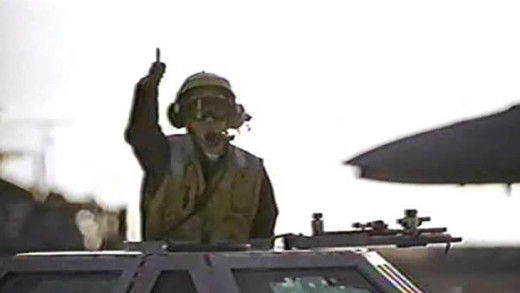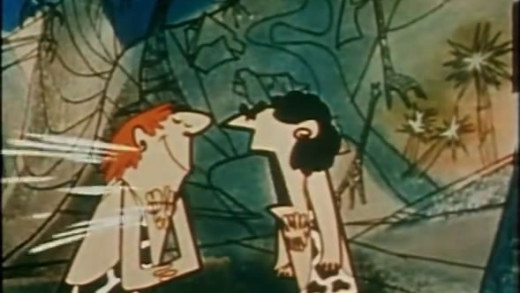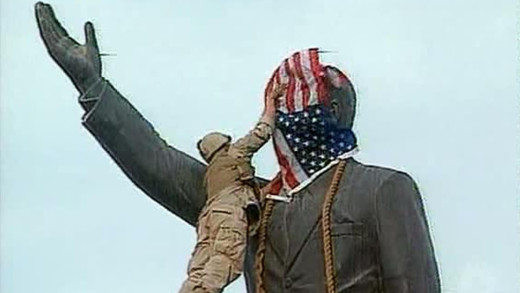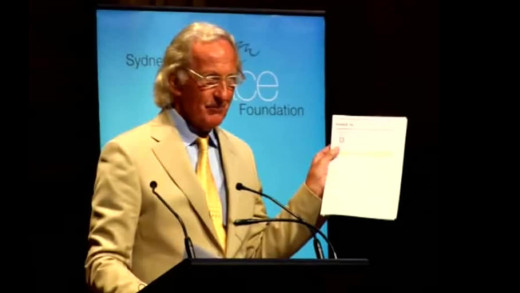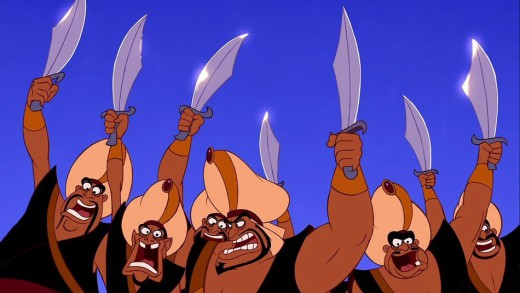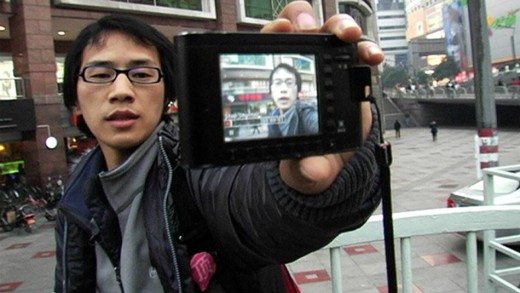Militainment Inc. examines how news coverage of war in the United States has come to resemble Hollywood film, video games, and reality television in its portrayal of war as entertainment. Using a range of media examples--from news anchors' idolatry of military machinery to the impact of government propaganda on war reporting--Militainment Inc. asks: How has war taken its place as a spectacle of entertainment? And how does presenting war as entertainment affect the ability of the population to evaluate the real human costs of this culture's military-industrial-complex?
When the United States devastated Hiroshima and Nagasaki with nuclear weapons in 1945, the bombs dropped were code-named 'Fat Man' and 'Little Boy' -- as part of the new propaganda campaign to create acceptable images of war, propagating the illusion that the world should live securely with nuclear weapons, and that it is the only way to 'enable peace'. By using reassuring and even soothing language, this new kind of propaganda spread all over the world...
Enemy Image
Enemy Image overviews the history of the portrayal of war in television news from the perspective of the United States. The film starts with the coverage of Vietnam where reports happened with little supervision, control or interference. Following this, The Pentagon takes action to control access by journalists to battle areas in subsequent invasions--such as the Invasion of Grenada, where journalists were excluded completely--to the first Gulf War, where 'news packages' were provided directly from the military; to the embedded churnalism of the invasion of Iraq. Shown is the progressive tightening of control by the US military on the contact journalists have with soldiers and civilians in the war zone, in order that "never again will television raise the moral and political questions that face a people during war."
John Pilger talks at a public forum in Sydney about the recent revelations of WikiLeaks and the importance of leaked information in exposing the lies and machinations of Public Relations in mainstream media and political rhetoric. Pilger demonstrates the parallels with the plight of Julian Assange and the treatment of David Hicks through the United States legal system, and also explains using recent leaked documents why state power sees investigative journalists and others as a major threat to the established order...
Reel Bad Arabs: How Hollywood Vilifies a People analyses how the storytelling of the West has crafted and perpetuated a false stereotypical image of Arabs and Arab culture since the early days of American silent cinema, up to the present with the biggest Hollywood blockbusters. The film shows how the persistence of these stories over time has served to powerfully naturalise and perpetuate prejudice toward Arabs, Arab culture and the Middle East in general, and how this in turn also serves to reinforce the harmful narratives of dominant culture which dehumanise Arabs as a people and negate the visceral political acts carried out against them by the West for decades. By inspiring critical thinking about the social, political, and basic human consequences of leaving these caricatures unexamined, Reel Bad Arabs challenges viewers to recognise the urgent need for counter-narratives to do justice to the diversity and humanity of Arab people, to share the truth about the stories of their lives and their history.
High Tech, Low Life follows the journey of two Chinese bloggers who travel their country chronicling undner-reported news and social issues stories. Using laptops, mobile phones, and digital cameras, both develop skills for reporting while learning to navigate China's continually evolving censorship regime and the risks of political persecution. The film follows 57-year-old 'Tiger Temple,' who earns the title of China's first "citizen reporter" after he impulsively documents an unfolding murder; and 27-year-old 'Zola' who recognises the opportunity to be famous by reporting on sensitive news throughout China. From the perspective of vastly different generations, both personalities must reconcile an evolving sense of individualism, social responsibility and personal sacrifice. The juxtaposition of Zola's coming-of-age journey from veggie-farmer to Internet celebrity; and Tiger Temple's commitment to understanding China's tumultuous past, both provide a portrait of China and of the wider questions facing news-reporting in the age of the Internet.
Esc & Ctrl
Esc & Ctrl is an online series of short documentary films where journalist and filmmaker Jon Ronson explores some aspects of screen culture and the Internet. By exemplifying the concepts of control of information and the screen culture's reactions to publishing, censorship, viral videos, media attention and manipulation; a small set of stories weave together to pose bigger questions around democracy and open communication in the age of the computers and a corporately mediated virtual world.
